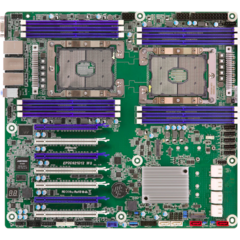Are FCLGA1156 CPU's and LGA1156 CPU's compatible in the same MOBO?
Go to solution
Solved by 79wjd,
Yes.

This topic is now closed to further replies.
Share
Followers
1
-
Featured Topics
-
Topics
-
10
-
6
-
0
-
AcidVinyl ·
Posted in Graphics Cards3 -
Phantasmagoria ·
Posted in Cooling2 -
BotherRed ·
Posted in General Discussion4 -
2
-
0
-
2
-
GOATWD ·
Posted in Operating Systems8
-



















